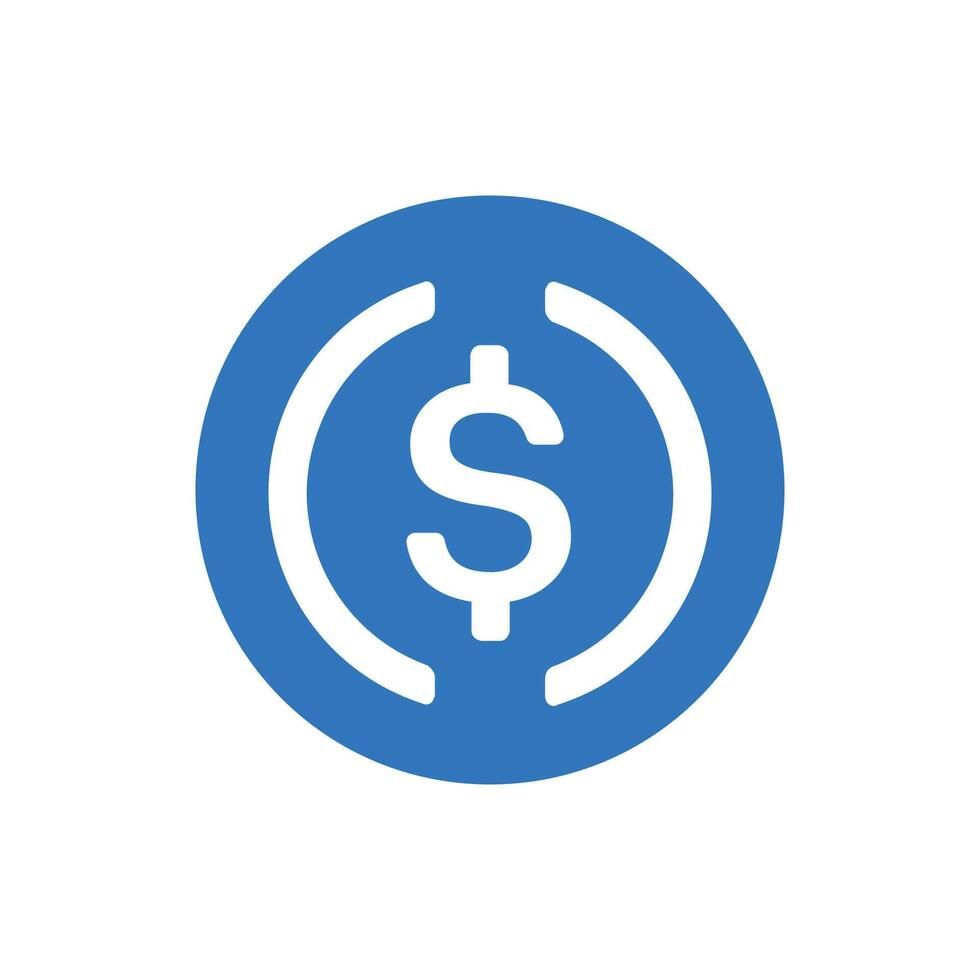Trade Finance
Letters of Credit, Standby LCs, Confirmations, Receivables Finance, and Inventory Lines with control.
- LCs and Confirmations
- SBLC and Guarantees
- AR/AP and Supply Chain
Funding arranged for trade flows with instruments sized to your cycle and aligned to delivery and settlement.
Move forward to secure working capital and keep goods moving. Submit the RFQ to start underwriting for funding.





